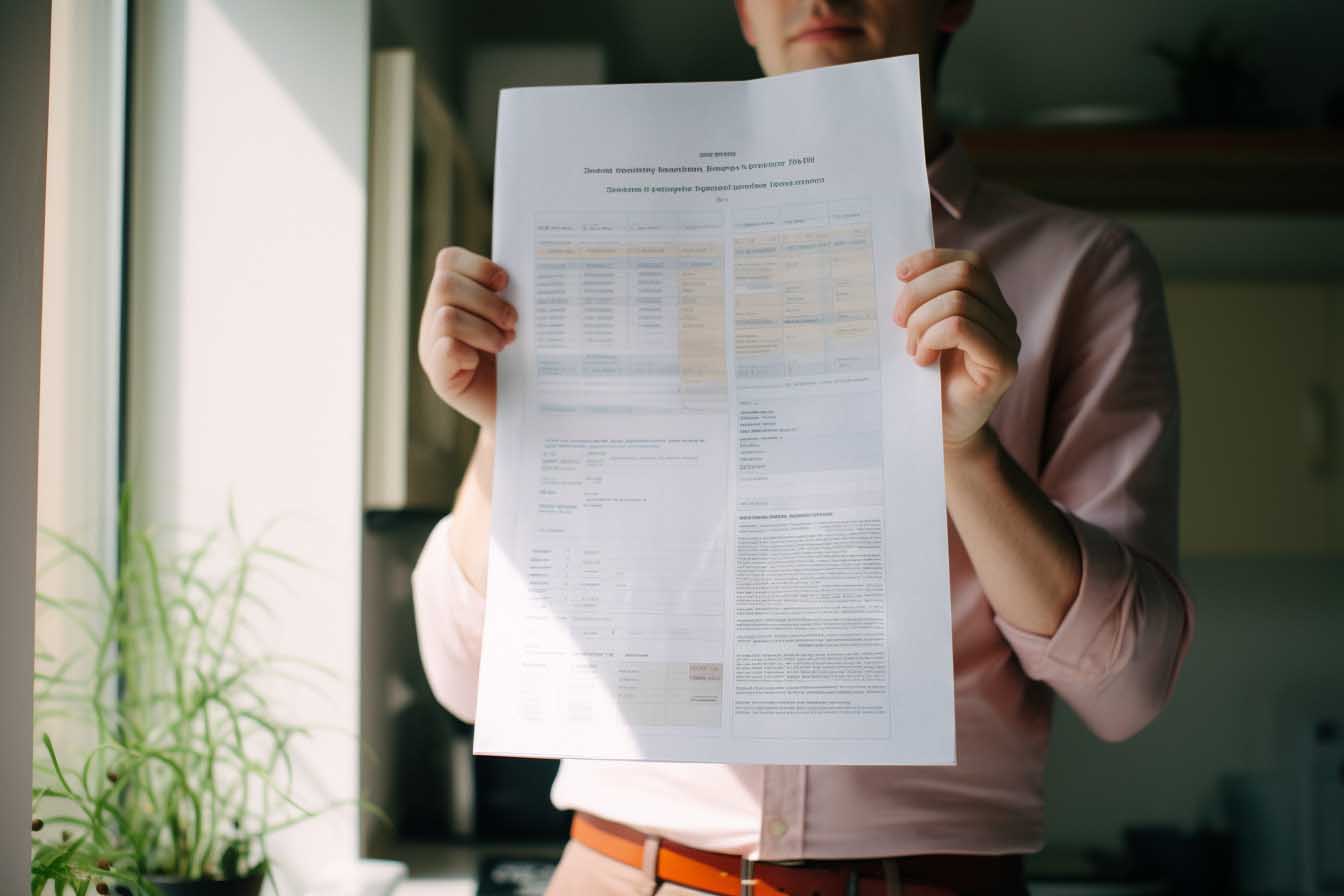TLDR:
- The estate of comedian George Carlin is suing Dudesy, the media company behind an AI-generated comedy special featuring an approximation of Carlin’s voice and comedy style.
- The lawsuit alleges that Dudesy infringed on copyright by using Carlin’s materials to train the chatbot without permission or licensing.
- The lawsuit seeks an immediate removal of the special and unspecified damages.
The estate of late comedian George Carlin has filed a lawsuit against Dudesy, the media company behind the viral AI-generated comedy special “George Carlin: I’m Glad I’m Dead.” The special featured an approximation of Carlin’s voice and comedy style that was allegedly generated by a chatbot trained on Carlin’s material. The lawsuit, filed in California federal court, accuses Dudesy of copyright infringement for using Carlin’s materials without permission or licensing to train the chatbot. The estate is seeking an immediate removal of the special from YouTube, where it is currently available, as well as unspecified damages.
The lawsuit argues that the chatbot created unauthorized copies of Carlin’s copyrighted work and that the content harms Carlin’s reputation. It also takes issue with the recreation of Carlin’s voice being used to promote the video, calling it “a casual theft of a great American artist’s work.” The defendants named in the lawsuit include Dudesy podcast hosts Will Sasso and Chad Kultgen, as well as five creators associated with the AI program and 15 individuals involved in the “creation, production, and sponsorship” of the special.
The lawsuit represents one of the first major instances of a performer or their estate seeking legal action against the creators of an AI-generated recreation. The use of AI to generate content is a growing concern in the entertainment industry. Attorney Josh Schiller of Boies Schiller Flexner, LLP, commented on the case, saying that AI requires control and restraint to prevent misuse and exploitation of existing work. The lawsuit highlights the need to protect intellectual property rights and ensure that AI is not used to violate the law or infringe on creative expression.









